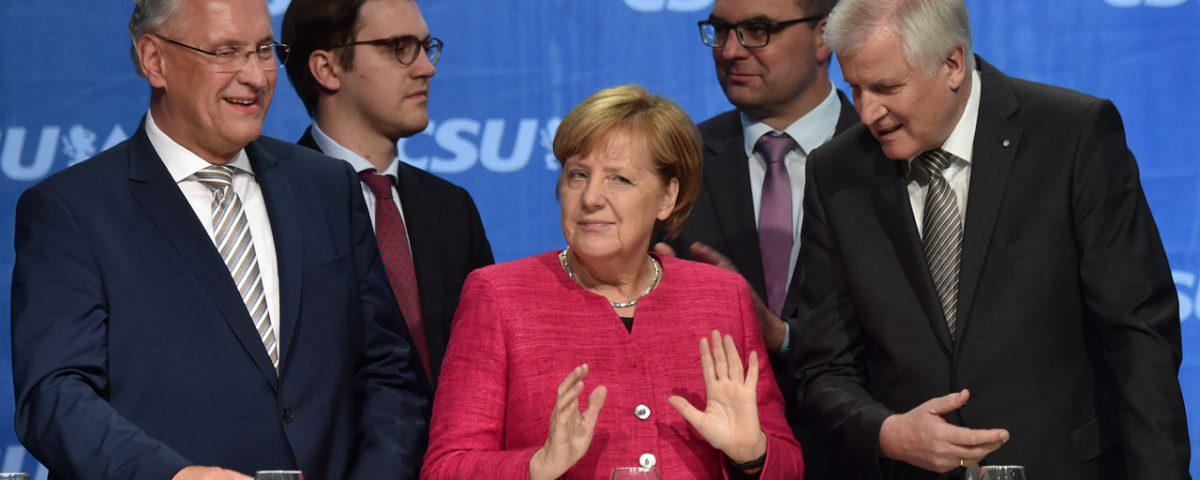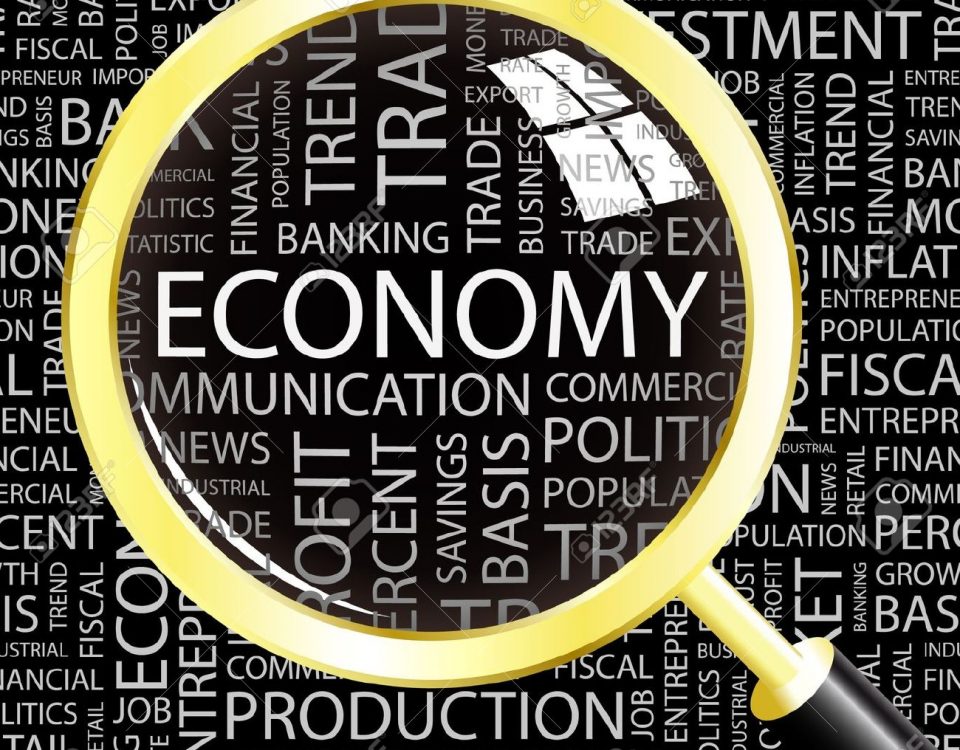For the fourth time, Angela Merkel has won election as Germany’s Chancellor. Ajibola Amzat (Features Editor) examines the factors that have sustained her relevance in German politics for the past 12 years.
Surrounded by party hierarchies, the 63-year-old Angela Merkel and German Chancellor walked confidently towards the platform to address her supporters amid cheers, the same people who have been handing her electoral victories since 2005 when she first contested for the highest office.
Though she had hoped for a “better result,” the 33 per cent win in this year’s election has placed her Christian Democratic Union (CDU) party and its ally, Christian Social Union (SCU), above the five others, including the right-wing nationalist party, Alternative for Germany (AfD) which came third.
By 2021 when she will be completing her new four-year mandate, Merkel would have become the third longest-serving German Chancellor after Otto von Bismarck, the first chancellor who spent nearly 23 years and her mentor, Helmut Kohl, who spent 16 years in office.
Pundits have placed her abiding strong leadership alongside that of Chancellor Konrad Adenauer, the German statesman, who led his country from the ruins of the World War II to a productive and prosperous nation.
Despite the devastation suffered from the attack by the allied nations during the war, Adenauer forged close relations with France, the United Kingdom and United States, and gained stability, international respect and economic prosperity for his country.
Merkel is doing something similar not only to keep the German economy strong, but also the entire economy of Europe, considering her role during the euro crisis. Little wonder she is sometimes referred to as the de-facto leader of Europe.
That is a remarkable record, especially for a woman operating in a political space dominated by men. Since1867 when the office of the chancellor was created in the North German confederation, the country has produced 35 chancellors, and they were all males.
Merkel, however, broke the record 138 years after the founding of Germany. Her party seized power from Chancellor Gerhard Schroder’s coalition of Social Democrats (SPD) and Greens in the 2005 elections.
At the time she was tipped for the highest office in the land, Merkel was not only a political neophyte, she was also a less-charismatic figure compared to her predecessor. As an East German and a Protestant, many conservatives regarded her as a candidate without the support of the Catholic, and the middle-class West German mainstream.
She has even earned herself the less flattering nickname of “Iron Girl,” a parody of the “Iron Lady” Margret Thatcher of the United Kingdom. But she went on to defeat the charismatic Schroder, and provided strong leadership for Germany. Her profile by the end of her fourth term may have well eclipsed that of Thatcher.
Notwithstanding, Merkel’s approval rating dipped significantly in the late 2011 because due to her handling of the Eurozone crisis and decision to retain Germany’s nuclear power stations despite the tragic accident in Fukushima, Japan. Observers of German politics thought she would not survive the poll in the next election considering the 50 per cent decline in her approval rating. The prediction though turned out to be inaccurate eventually. She almost won a clear majority, and her approval rating jumped to 77 per cent between 2012 and 2014.
Countless times, the nationalist party has heckled her for accepting millions of unregistered migrants into Germany, despite the danger of global terrorism, and many have concluded that the policy would put paid to her victory in the coming election.



